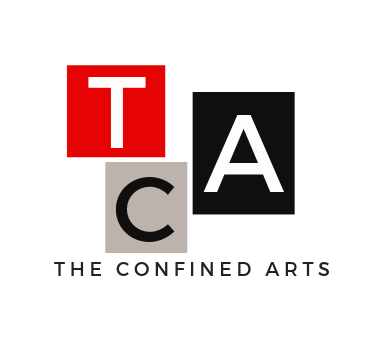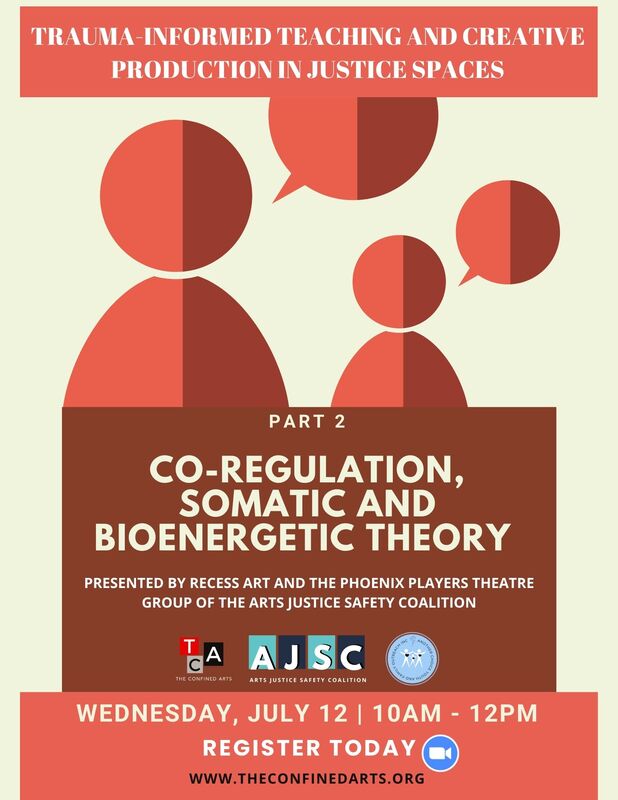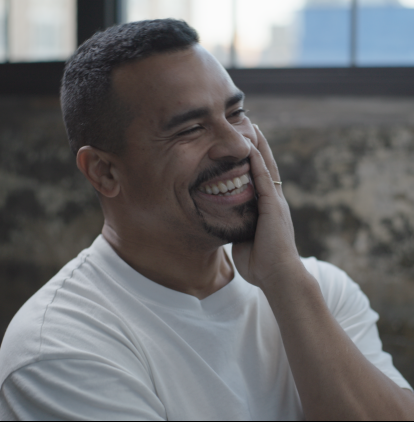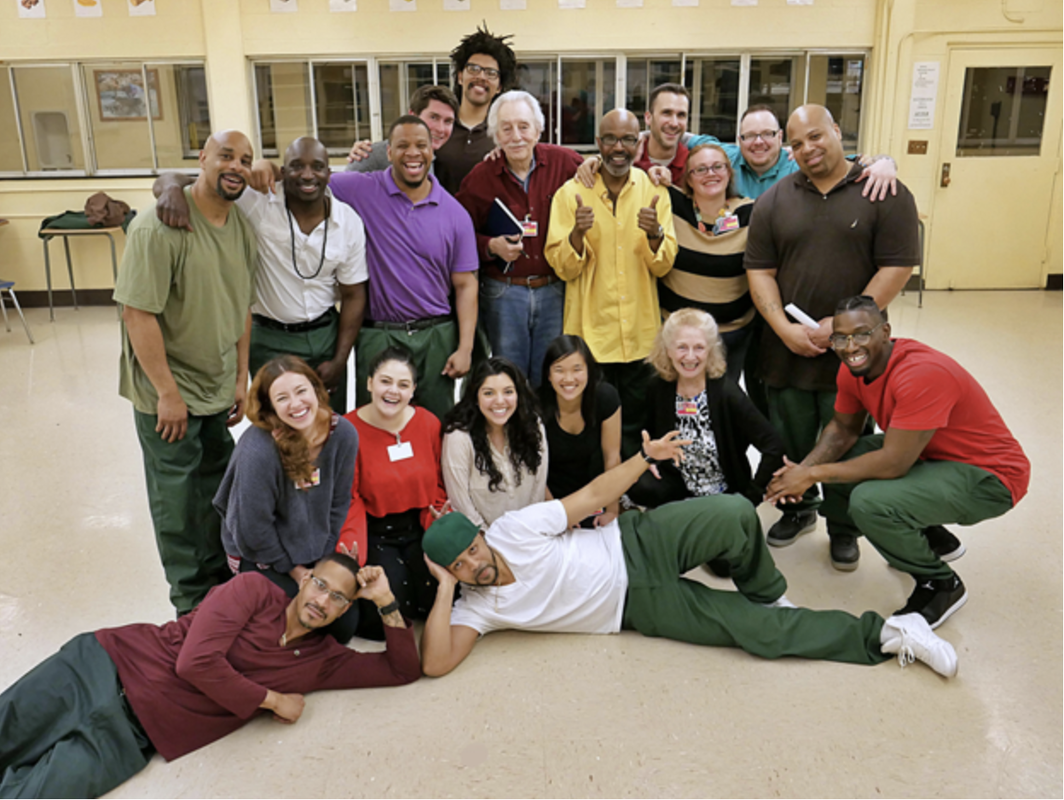TRAUMA-INFORMED TEACHING AND CREATIVE PRODUCTION IN JUSTICE SPACES PART 2CO-REGULATION, SOMATIC AND BIOENERGETIC THEORY
What is trauma from incarceration? What does it look like in day to day functionality?
Research Illuminates the negative psychological effects that incarceration has on people in prison. Negative psychological effects include:
|
Additionally, research conducted in 2020 by The Confined Arts with participants at Exodus Transitional Communities has found qualitative evidence that the deprived social environment of prison can potentially impede one’s social capacity to navigate various social obligations post incarceration. Trauma-Informed Teaching And Creative Production In Justice Spaces part 2 will explore co-regulation, somatic and bioenergetic theory for people impacted by trauma from incarceration.
MEET THE FACILITATORS
|
Shaun Leonardo
Shaun Leonardo’s multidisciplinary work negotiates societal expectations of manhood, namely definitions surrounding black and brown masculinities, along with its notions of achievement, collective identity, and experience of failure. His performance practice, anchored by his work in Assembly—a diversion program for system-impacted youth at the arts nonprofit Recess, where he is Co-Director—is participatory and invested in a process of embodiment. |
Leonardo is a Brooklyn-based artist from Queens, New York City. He received his MFA from the San Francisco Art Institute and is a recipient of support from Creative Capital, Guggenheim Social Practice, Art for Justice and A Blade of Grass. His work has been featured at The Guggenheim Museum, the High Line, and New Museum, and profiled in the New York Times and CNN. His solo exhibition, The Breath of Empty Space, was presented at MICA, MASS MoCA and The Bronx Museum. And his first major public art commission, Between Four Freedoms, premiered at Four Freedoms Park Conservancy, in the fall of 2021.
|
Bruce Levitt has been a Professor in the Department of Performing and Media Arts at Cornell University since l986. He served as Chair of the Department from l986 to l995. Previous to assuming the Chair of the Department at Cornell Dr. Levitt headed the MFA programs in Acting at the University of Iowa and served as program coordinator of the MFA program in Directing at Columbia University.
|
At Cornell, Levitt has collaborated in community-based projects with the Lehman Alternative Community School, John O’Neal, Roadside Theatre, Urban Bush Women, Michael Keck, and members of the American Festival coalition. He has co-taught courses in community engagement while also teaching courses in Prison Theatre and The Arts in Incarceration.
Levitt is a facilitator for the Phoenix Players Theatre Group, an organization founded by incarcerated men at Auburn Maximum Security Prison. He has been with the group fourteen years, meeting with them weekly, and assisting them on their journey of transformation through the use of theatre techniques. Levitt has assisted in devising five original pieces that the group has performed for invited audiences. Maximum Will, the group’s second piece was performed in April of 2012 at Auburn Correctional Facility and its development is the basis for the documentary Human Again. The group expanded its membership in 2013 and in May of 2014 performed its third original piece titled An Indeterminate Life. In May 2016, The Phoenix Players presented their fourth original piece, This Incarcerated Life, the full video of which can be found on the Phoenix Players website. PPTG’s fifth and most recent piece, created in 2018: The Strength of Our Convictions: The Auburn Redemption is posted on the PPTG website along with previous productions. Two of his recent articles about the Phoenix Players, co-authored with Nick Fesette, assistant professor at Oxford College, are: Pedagogies of Self-Humanization: Collaborating to Engage Trauma in the Phoenix Players Theatre Group, and Rehearsing Transformation in an American Prison.




